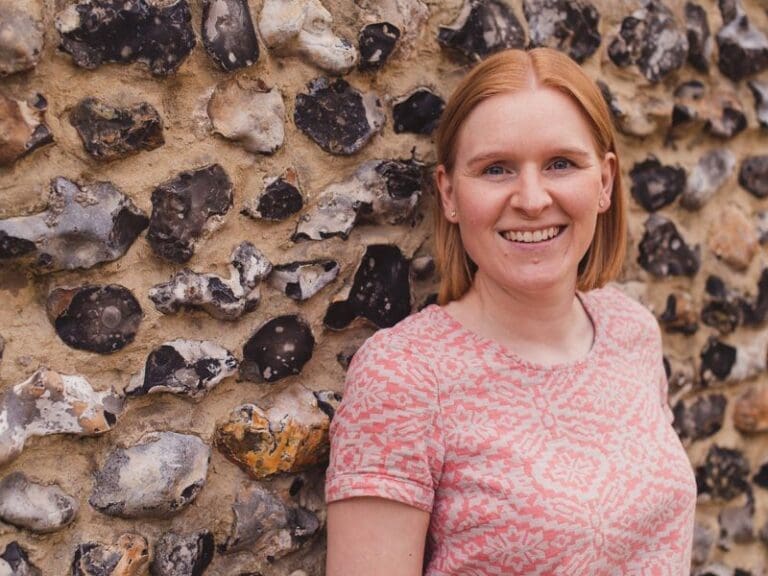When I started out in consulting, I thought if I just worked hard enough, the right people would notice.
I assumed promotions and opportunities would follow naturally. I quickly learnt that isn’t how career progression works.
Looking back now, through my previous roles within management consultancies and then Meta, and today as Director of Strategy and Operations at Imperial Business School, I can see how each chapter of my career taught me the importance of becoming my own champion. It wasn’t about waiting to be discovered; it was about learning to speak up, to ask for what I wanted, and to surround myself with the right people.
Here are some of the pivotal moments that shaped me.
Finding mentors and the right fit
In my very first consultancy role, I was assigned a mentor as part of the graduate scheme. On paper, it seemed ideal. In practice, it wasn’t. My mentor had a fixed idea of where my career “should” go, and it didn’t match my own aspirations. I stayed quiet, thinking I didn’t have the right to say otherwise.
Years later, I see how important that experience was. It taught me that a mentor should listen as much as they advise. Later in my career, I sought out people who truly heard me, people who gave me practical guidance, like how to gain visibility before promotion. Those mentors made me more confident, and more equipped to take ownership of my path.
The power of sponsorship
One of the most career-defining projects I ever worked on came about because a senior colleague remembered the work I’d done with him before and specifically asked for me to join him on a high profile project. That sponsorship opportunity opened a door I would never have been able to walk through on my own at that stage.
On another occasion, I applied for a competitive leadership programme whilst also completing my MBA. Some assessors doubted I could manage both. I only found out later that one person in the room had spoken up for me, a person who knew my work and was willing to back me. Without his voice, the outcome might have been very different.
Mentors advise. Sponsors put their credibility on the line for you. Both matter, but sponsors can change the trajectory of your career in ways you can’t always predict.
Learning to speak up for myself
I had to learn, sometimes the hard way, that leaders don’t automatically see everything you contribute. They’re juggling too many priorities. I began to showcase my impact, sharing not just what I had done but why it mattered. At first it felt uncomfortable, but over time it became easier and more natural. I was making sure my work was visible.
Choosing projects that stretched me
Early in my career, I was purposefully exposed to all kinds of projects and industries. These experiences helped shape my understanding of what I was good at. And over time, I realised I could also influence the direction of my work. I began having proactive conversations with resourcing managers and capability leads, saying, “This is where I can add the most value.” That shift gave me access to projects that not only matched my strengths but also helped me gain new skills.
Being clear about what I wanted next
One enduring lesson came when I thought I was being flexible by telling my manager I was open to a range of opportunities. This confused her. Without clarity on what I wanted, she didn’t know how to help me.
Since then, I’ve always come to career conversations with a clear vision: “In the next 1–3 years, I’d like to work towards X.” That doesn’t mean being rigid, but it does mean giving your manager something concrete to align with.
Why this matters for women in STEM
Now, at Imperial Business School, I hear from early-career women in STEM. I see the same themes repeating, the hesitation to speak up, the uncertainty about advocating for themselves, the search for the “right” mentor. I share my own stories because I want them to know that these challenges are normal, but they’re not permanent.
Becoming your own career champion isn’t about being the loudest person in the room. It’s about knowing yourself, seeking the right support, and being willing to put your hand up when opportunities arise.
If I could go back and give my younger self one piece of advice, it would be this: don’t wait for someone else to notice you. Notice yourself first, and then make sure others see it too. That’s how you build a career on your own terms.








